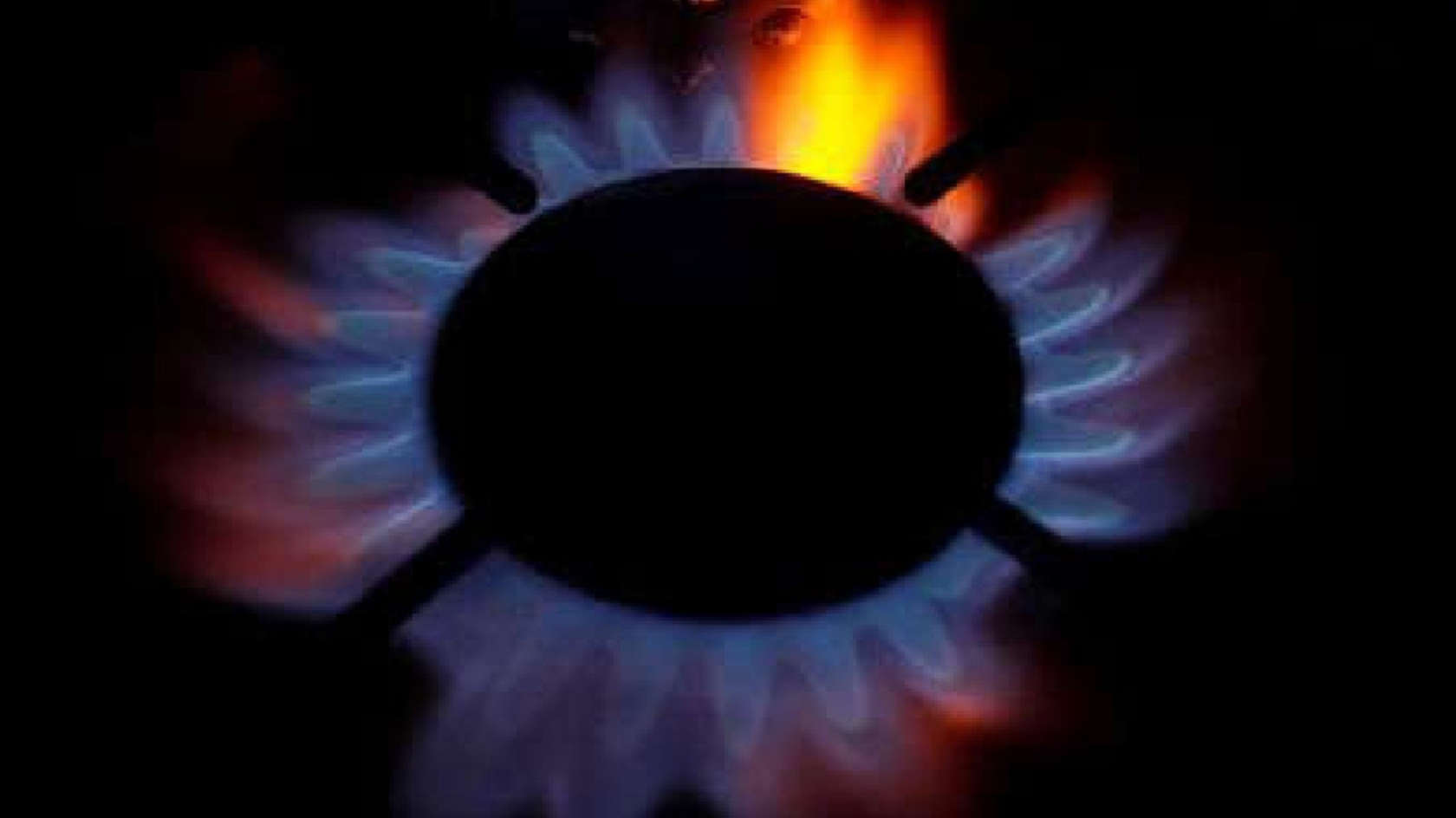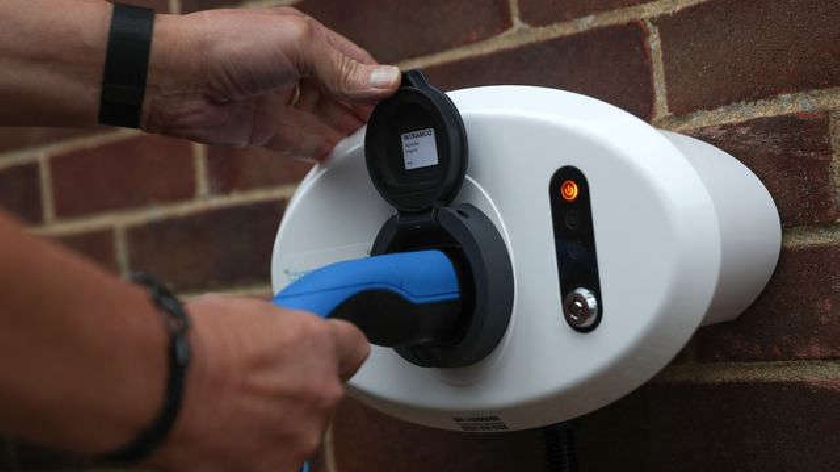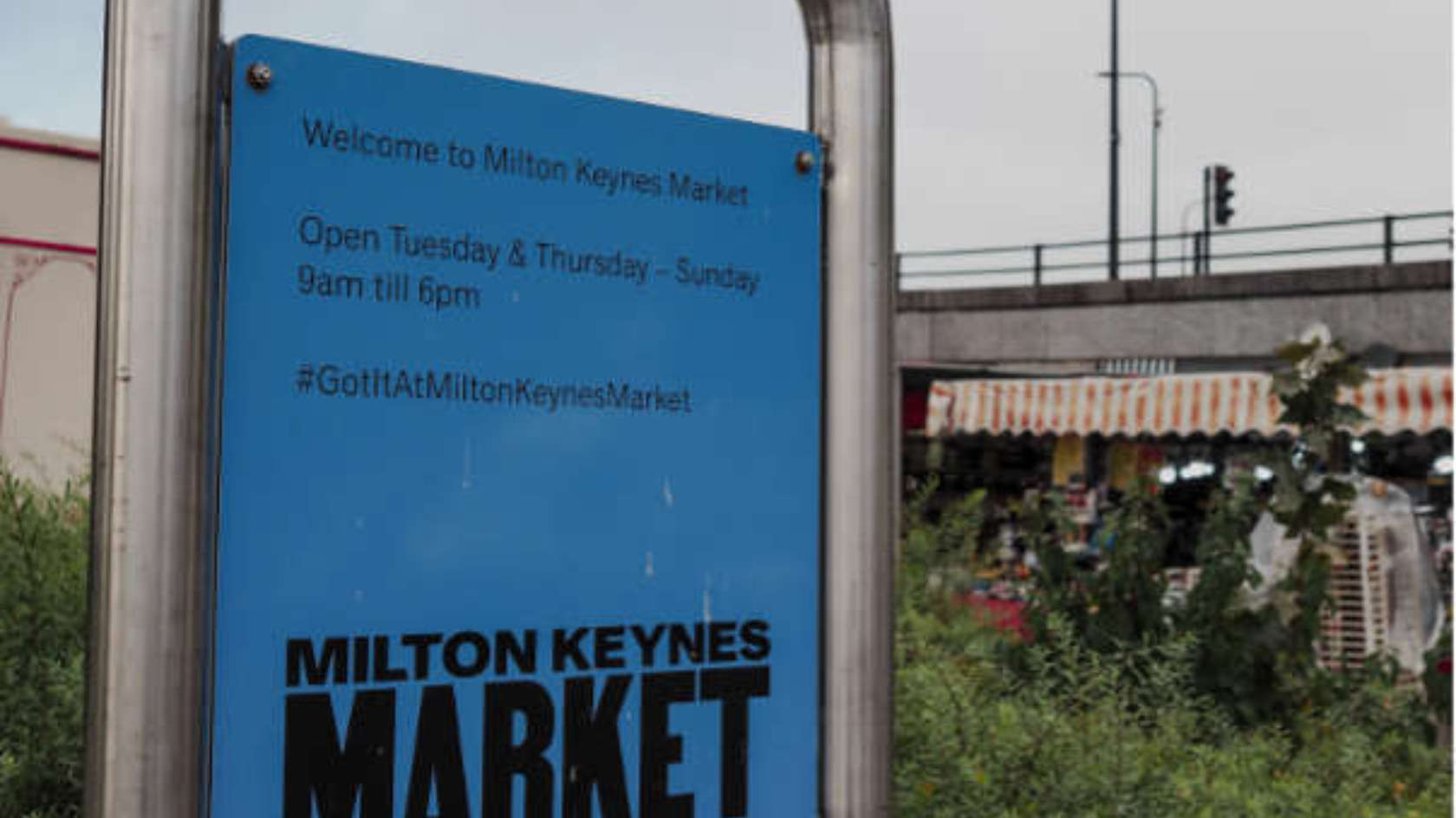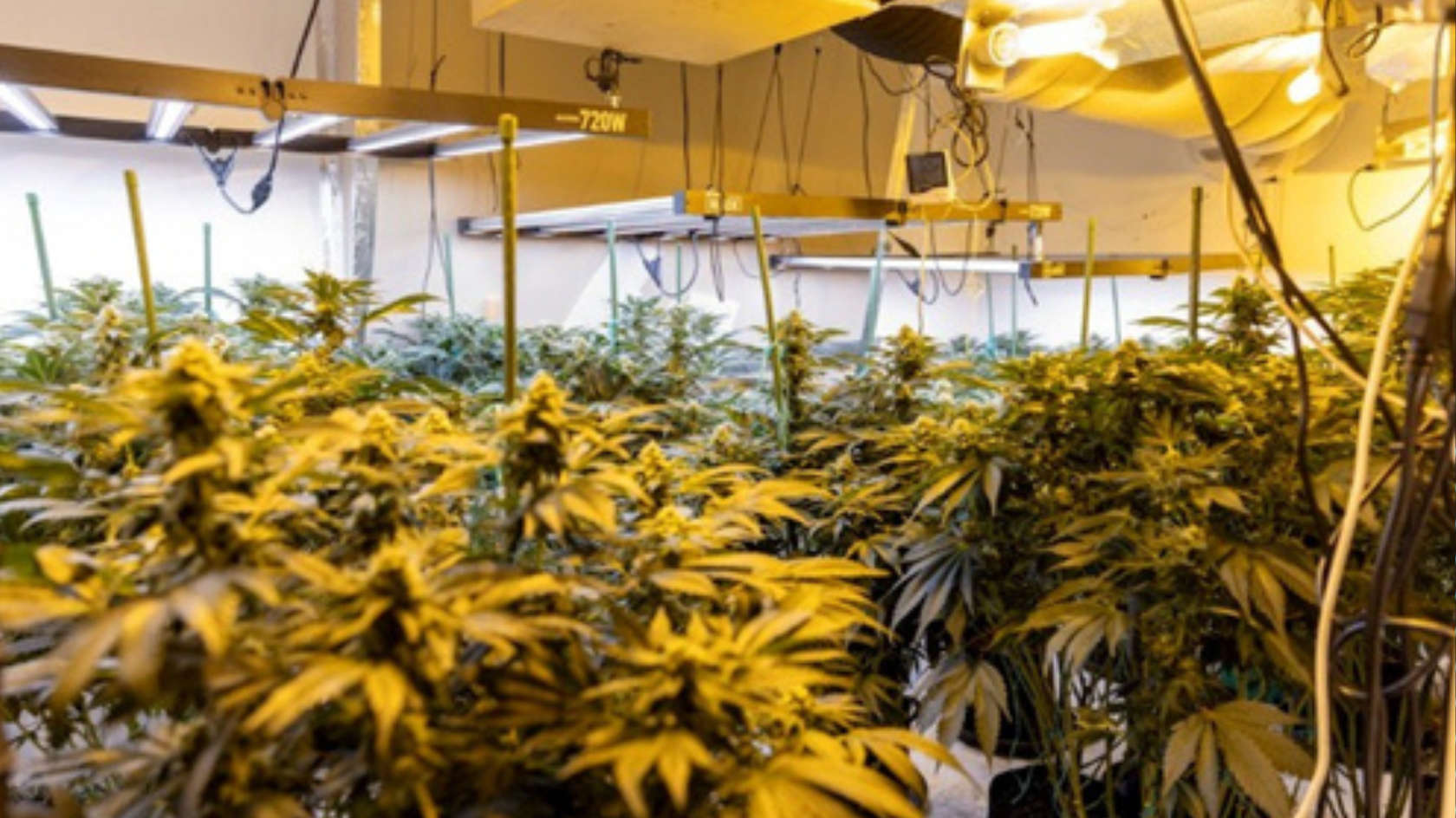
Over 50 million Brits at risk of mistaking CO poisoning for a seasonal virus.
- Only quarter of Brits recognise symptoms such as headaches, shortness of breath and fatigue as potential signs of carbon monoxide exposure
- Over three quarters said they would try to self-manage the symptoms, which could be signs of CO poisoning, before seeking medical advice
- Awareness of ‘the silent killer’ remains far too low says Dr Punam Krishan, who has partnered with Gas Safe Register to raise awareness of the key differences between symptoms of CO poisoning and colds at the height of the cold and flu season
The nation is being urged to check if their cold symptoms are a sign of something more sinister this winter, as it’s revealed only a quarter (27%) of Brits recognise symptoms such as headaches, shortness of breath and fatigue as potential signs of carbon monoxide (CO) exposure.
The new research uncovered that over half of Brits (54%) incorrectly identified nasal congestion and fever as potential signs of CO poisoning – two of the symptoms that are unlikely to occur when exposed to the deadly gas.
Gas Safe Register has partnered with Dr Punam Krishan to raise awareness of the key differences between symptoms of CO poisoning and colds at the height of the cold and flu season as, according to the research, January is the month when people are most prone to suffering from seasonal viruses.
The research also found that people across the country consume a combined 5.4 billion medicinal tablets every winter to help treat cold and flu symptoms.
More than half (54%) admitted their medication sometimes failed to provide relief, which could suggest exposure to CO, which no amount of over-the-counter pills can treat.
Over three quarters (76%) of respondents said they try to self-manage cold and flu symptoms before seeking medical advice, while nearly two thirds (63%) would stay warm indoors with the central heating on and windows closed – contrary to potentially lifesaving health and safety advice to seek fresh air if experiencing a CO leak.
Recent data has highlighted that UK household exposures are estimated to be seven times higher than the figures currently reported, partially because CO cannot be seen, tasted or smelt which makes it notoriously hard to detect.
Symptoms of CO poisoning can often be mild and easily mistaken for common illnesses like a cold or flu, yet a third (33%) of respondents assumed they would feel severely unwell if they were exposed to a carbon monoxide leak.
Dr Punam Krishan, who is helping to educate the nation about CO poisoning during the peak cold and flu season, said: “Each year, 4,000 people across the UK attend A&E due to carbon monoxide poisoning, yet awareness of ‘the silent killer’ remains far too low.
“As a doctor, I’ve seen patients suffering from CO poisoning who were completely unaware of the symptoms until they came into contact with health services, which could have been avoided by following preventative guidance.
“The overlap between symptoms of a CO leak and a common cold – such as headaches, fatigue and dizziness – makes it easy to mistake one for the other, especially during this peak time for seasonal illnesses.
“However, it’s important to remember that while some symptoms may overlap, nasal congestion and fever are not typically associated with CO poisoning, which can help distinguish the two.”
The research found that the lack of knowledge about symptoms of CO poisoning was particularly prevalent in younger generation with 94% of 18-24-year-olds not associating the overlapping cold and flu symptoms with CO poisoning, with knowledge increasing slightly to 89% for 25-34-year-olds.
Ensuring gas appliances are safety checked and serviced annually by a Gas Safe registered engineer is one of the most important steps that can be taken to minimise the risk of a potential CO leak.
Yet, nearly a third (28%) of 18-24-year-olds have not had their gas appliances safety checked in the past year – making them the least likely age group to have carried out this essential maintenance.
More widely, when it comes to the nation’s gas safety habits, nearly a fifth (16%) did not have an audible CO alarm in their house or were unsure if they did. In a similar trend, almost a quarter (23%) were either unsure or had not had their gas appliances safety checked and serviced in the past year.
Gas Safe Register and Dr Punam Krishan’s checklist for how to ‘Check Your CO-ld’ is not a sign of something more sinister this winter:
- Do you know the symptoms of carbon monoxide poisoning? Headaches, nausea, dizziness, shortness of breath and fatigue are all potential warning signs of carbon monoxide poisoning. Although similar to symptoms of other common ailments – such as cold, flu or Covid – you should not have a fever or nasal congestion with CO poisoning.
- Do your symptoms improve when you are out of the house and in fresh air? If a CO leak is present in the home, you are likely to notice your symptoms become worse when spending more time indoors without sufficient ventilation.
- Are your symptoms progressively getting worse? No amount of rest or over-the-counter medicine will improve your symptoms if you are suffering with carbon monoxide poisoning. You should start to feel better if you have cold and flu after around one week. If your symptoms continue to get worse, seek medical advice.
- Are multiple people in your household experiencing similar symptoms? If multiple people in your household are also experiencing headaches, nausea, dizziness, shortness of breath and fatigue – this could be a warning sign of CO poisoning.
- Do you own a CO alarm? An audible CO alarm will detect exposure to the dangerous gas and alert you to it. Test your alarm monthly, as you would do with a smoke alarm, to make sure it is working properly.
If you suspect carbon monoxide poisoning, get some fresh air and leave the house as quickly as possible. See a doctor and if you are very unwell call 999 for an ambulance. The National Gas Emergency Helpline is also available 24/7 on 0800 111 999.
Gas appliances should be safety checked and serviced by a Gas Safe registered engineer every year. To find a local Gas Safe registered engineer in your area and for further essential gas safety tips, visit https://www.gassaferegister.co.uk/.














